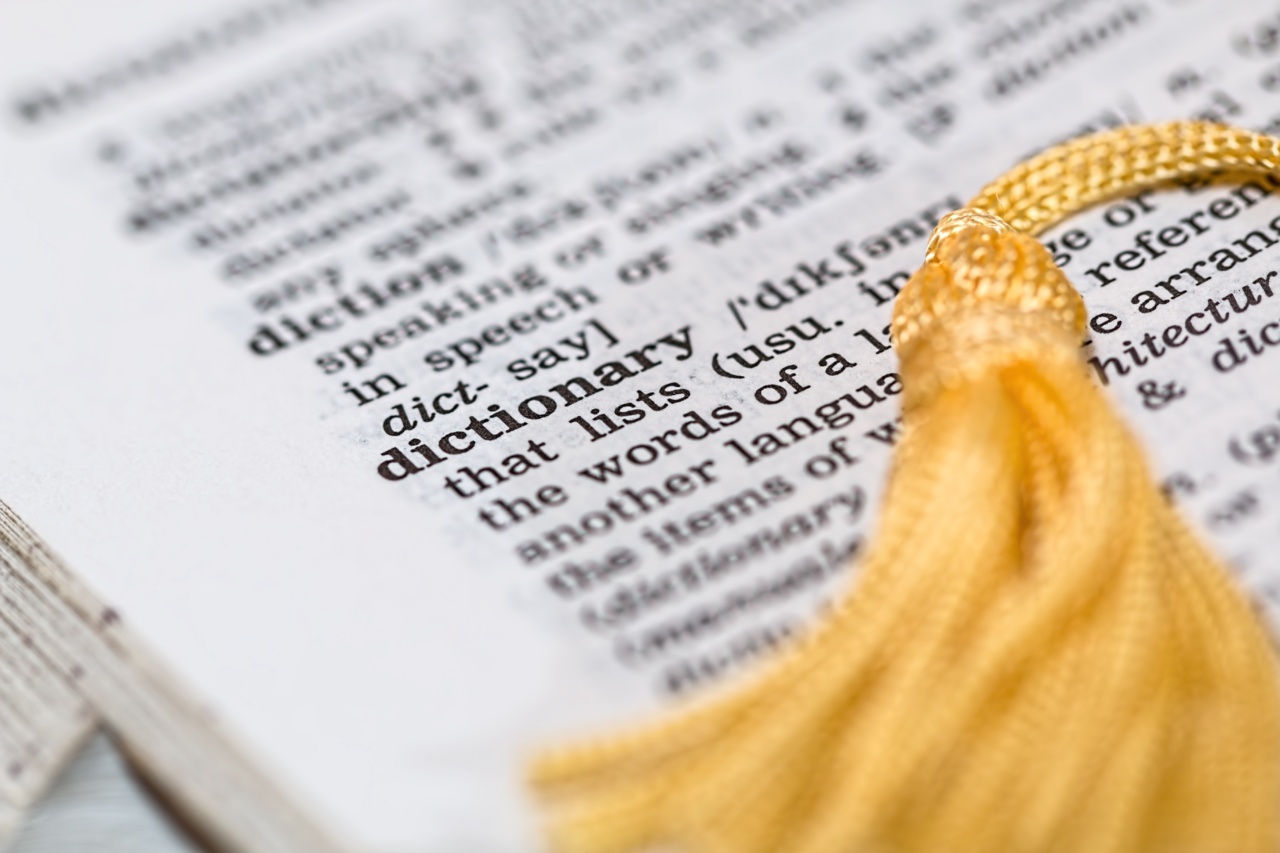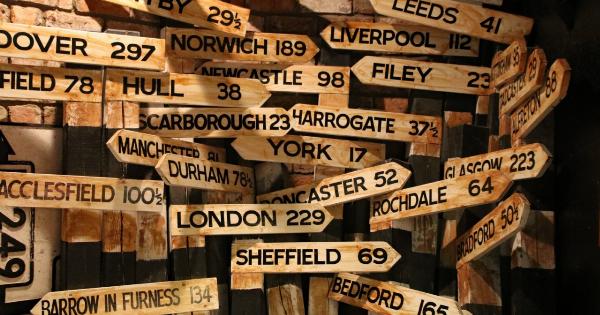Depression is one of the most common mental health disorders, and it affects people of all ages and backgrounds. However, there is a lesser-known form of depression known as informal depression.
This condition can be challenging to diagnose as it is not as severe as clinical depression, and individuals may not even realize they have it. In this article, we will explore the symptoms and causes of informal depression.
Symptoms of Informal Depression
Informal depression is often referred to as subthreshold depression, which means that the symptoms are not severe enough to meet the criteria for clinical depression.
However, the symptoms are still significant and can disrupt an individual’s daily life. Some of the common symptoms of informal depression include:.
- Lack of motivation and energy
- Difficulty sleeping or sleeping too much
- Feeling sad or empty most of the day
- Decreased interest in activities that were once enjoyable
- Difficulty concentrating or making decisions
- Changes in appetite or weight
- Feelings of worthlessness or guilt
- Irritability or restlessness
- Physical symptoms such as headaches or stomachaches
If you are experiencing any of these symptoms and they have lasted for two weeks or more, it is essential to speak with a healthcare professional to determine if you are experiencing informal depression.
Causes of Informal Depression
The exact cause of informal depression is unknown, as it is often brought on by a combination of factors. Some of the possible causes of informal depression include:.
- Genetics: Some research suggests that there may be a genetic component to depression.
- Brain chemistry: Imbalances in neurotransmitters such as serotonin and dopamine can contribute to depression.
- Life events: Trauma, stress, and significant life changes such as job loss, a breakup, or the loss of a loved one can trigger depression in some individuals.
- Medical conditions: Chronic illness, chronic pain, and other medical conditions can contribute to depression.
- Substance abuse: Alcohol or drug abuse can contribute to or worsen depression.
Treatment for Informal Depression
As informal depression is not as severe as clinical depression, it may not require the same level of treatment. However, it is still essential to get help, as informal depression can still have a significant impact on an individual’s life.
Some of the possible treatments for informal depression include:.
- Talk therapy: Cognitive-behavioral therapy can be useful in helping individuals learn coping strategies and techniques to manage depression.
- Medication: Antidepressants can be used to treat informal depression in some cases.
- Lifestyle changes: Exercise, a healthy diet, and stress-management techniques can help manage symptoms of informal depression.
- Support groups: Talking with others who are experiencing informal depression may be helpful in managing symptoms and feeling less alone.
Preventing Informal Depression
While there is no surefire way to prevent informal depression, there are things you can do to lower your risk. Some suggestions include:.
- Exercise regularly
- Eat a healthy diet
- Get enough sleep
- Manage stress effectively
- Avoid or limit alcohol and drug use
- Find healthy ways to cope with difficult emotions
- Cultivate social connections and spend time with loved ones
Conclusion
Informal depression can be challenging to diagnose and treat, but it is essential to seek help if you are experiencing any of the symptoms.
By working with a healthcare professional and making lifestyle changes, it is possible to manage the symptoms of informal depression and improve your overall quality of life.





























